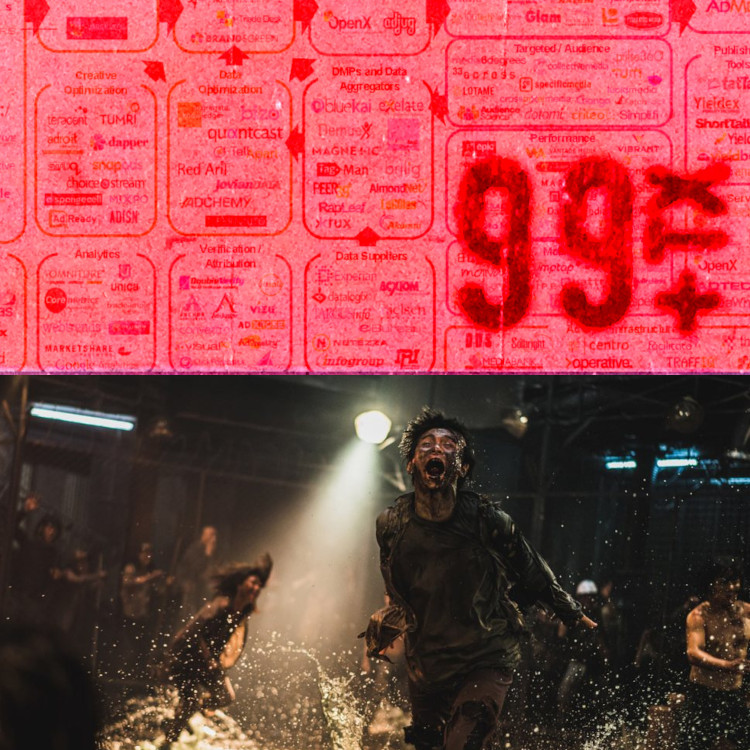
A year ago, covid was a mystery. We didn't know how it spread, we didn't know who it infected, we didn't know how to treat it. All we knew was that it was spreading fast and the early epicenters were slaughterhouses.
1/
1/

It's been a year, and now we know a lot more. One thing we know, for example, is that even though virus particles can linger for a long time on surfaces, you're not likely to catch the virus from these "fomites."
2/
2/
Simple handwashing of the sort we should have all practised all along will do the trick. You don't need to sterilize your groceries or leave your parcels to sit on your doorstep for three days. Just wash your hands!
popsci.com/story/health/c…
3/
popsci.com/story/health/c…
3/
However, in the lockdown's early days, businesses were floundering, wondering how they'd reopen, and, driven by the scant science of covid transmission, a class of highly speculative health consultant sprang into existence to promote a meticulous regime of surface cleaning.
4/
4/
Surface-cleaning is a highly visible activity, and it can feel reassuring to be handed a grocery basket whose handle is glistening with a layer of freshly applied sterilizing spray. But all of this hygiene theater is largely irrelevant to controlling the pandemic.
5/
5/
Hygiene theater isn't harmless. At the very least, it's a major distraction. Late in 2020, my kid's school district circulated a plan to reopen for in-person classes in early Jan, assuming the LA County health department permitted it (they didn't because LA is a plague-pit).
6/
6/
This email went into incredible, eye-watering detail about the school's plan to sterilize all surfaces, going so far as to mention the brand names, active ingredients and concentrations of the products that would be applied to every surface every day.
7/
7/
Meanwhile, the plan included NOTHING about ventilation. When I wrote to the district to ask some simple questions like, "Will you unseal the windows so they can be opened while students are present?" or "Do you have any fans?" no one knew the answer.
8/
8/
Needless to say, "Have you changed the kind of HVAC filters you use?" was an unanswerable mystery. This wasn't reassuring - as school safety plans go, it was about as useless as those lock-down active shooter drills they terrorize the kids with.
9/
9/
Hygiene theater is everywhere. A friend of mine owns a 100-employee business that moved into new offices just before the pandemic. The lease includes cleaning services, and twice a week, a masked crew sweeps through the unoccupied offices and sterilizes every surface.
10/
10/
Covid science is still a moving target, obviously, but the overwhelming consensus is that masks, distance and ventilation are the most important safety measures we can take - while sterilization and surfaces are no more (or less) important than they were before the plague.
11/
11/
Of course, airflow isn't easy to demonstrate or detect (some places are experimenting with giant CO2 readouts as a proxy for ventilation), so it's getting short shrift.
washingtonpost.com/health/2021/02…
12/
washingtonpost.com/health/2021/02…
12/
But focusing on sanitizing because it's so visible is the epidemiological equivalent of looking for car keys under the lamppost.
eof/
eof/
ETA - If you'd like an unrolled version of this thread to read or share, here's a link to it on pluralistic.net, my surveillance-free, ad-free, tracker-free blog:
pluralistic.net/2021/02/25/rin…
pluralistic.net/2021/02/25/rin…
• • •
Missing some Tweet in this thread? You can try to
force a refresh










